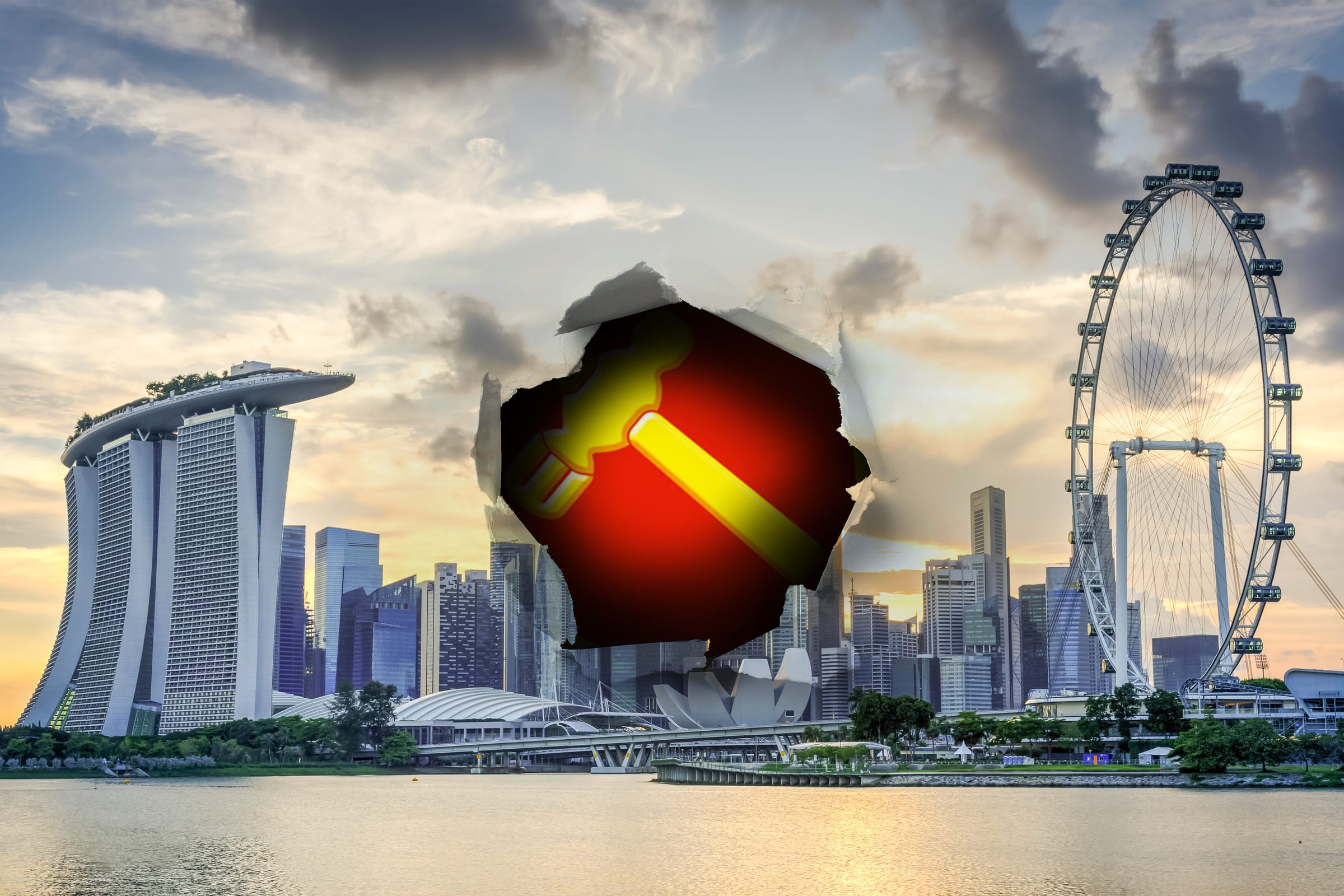It's quite remarkable that the Workers' Party never fails to jump to take credit for the decisions made by PAP, if it believes it is politically expedient.
And I do think that it is right to take credit this time, though not for the reasons it thinks it should.
This is because some of the measures announced during the NDR can cause considerable damage in Singapore's future, and they are largely the responsibility of the Workers' Party among other delusional populists pounding the PAP year after year, trying to hoodwink the people that the government can give more and more stuff without financial consequences to the nation.
The fact that Lawrence Wong felt compelled to bring unemployment benefits to Singapore is, indeed, a shared responsibility of the Workers' Party – though it's nothing to be particularly proud of.
It's very easy to come up with ideas to spend money you don't make, consequences of which may take many years to manifest themselves.
Meanwhile, you're enjoying playing the role of a generous, caring politician who showed people that it's possible to open up the government's coffers a bit more.
Unfortunately, this is how every single developed country in the world has landed itself in economic trouble, many of which can't be defeated without excruciatingly painful reforms affecting millions of people.
In some cases, like Greece, it pushed entire nations to the brink of bankruptcy and set their economies back by decades.

If you wish to be a constructive leader you have to contribute rather than dream up ideas of how to divide what someone else generates. Anybody can do that. You can pull any random person off the street and they could give you a hundred spending ideas.
But how many can make more?
The question should never be "how can we spend more" but "how can we afford more".
If there are problems in the society that need addressing via financial means the first concern should always be how to pay for it without losing anything else. Only when that issue is solved can the money be spent.
I'm not advocating cutting policies that help people but just rationalise the expenses and keep them within the limits of what the country can sustain in the long run.
“How did you go bankrupt?” Bill asked. “Two ways,” Mike said. “Gradually and then suddenly.”
This exchange from Hemingway's 1926 novel, The Sun Also Rises, is an excellent observation of how financial disasters happen. They give limited symptoms for many years, before they collapse the entire nation, company or a person's life in an instant.
Thank you very much, Workers' Party, for your contributions to making that happen in Singapore one day.





